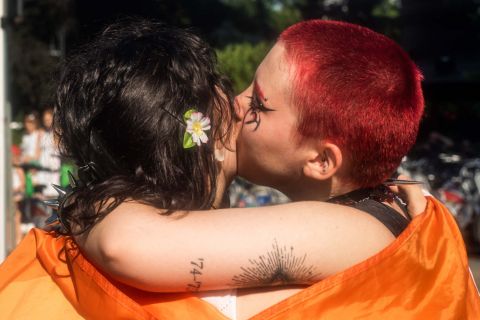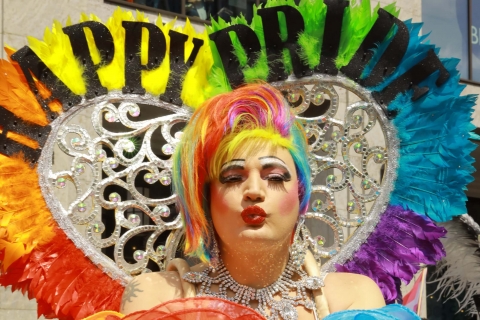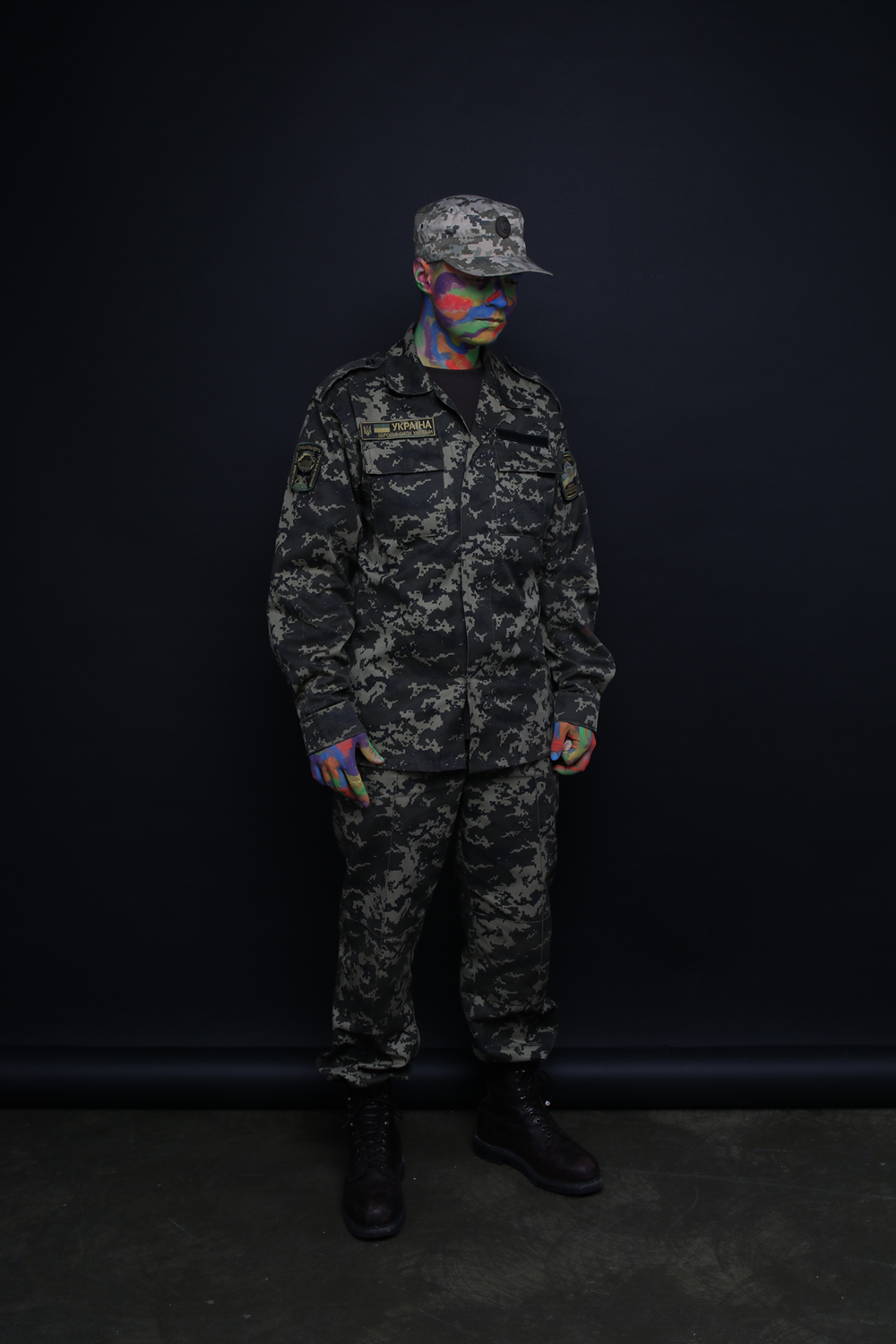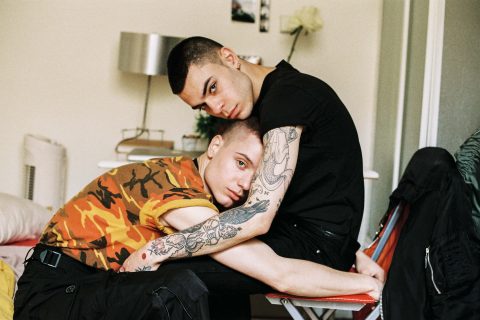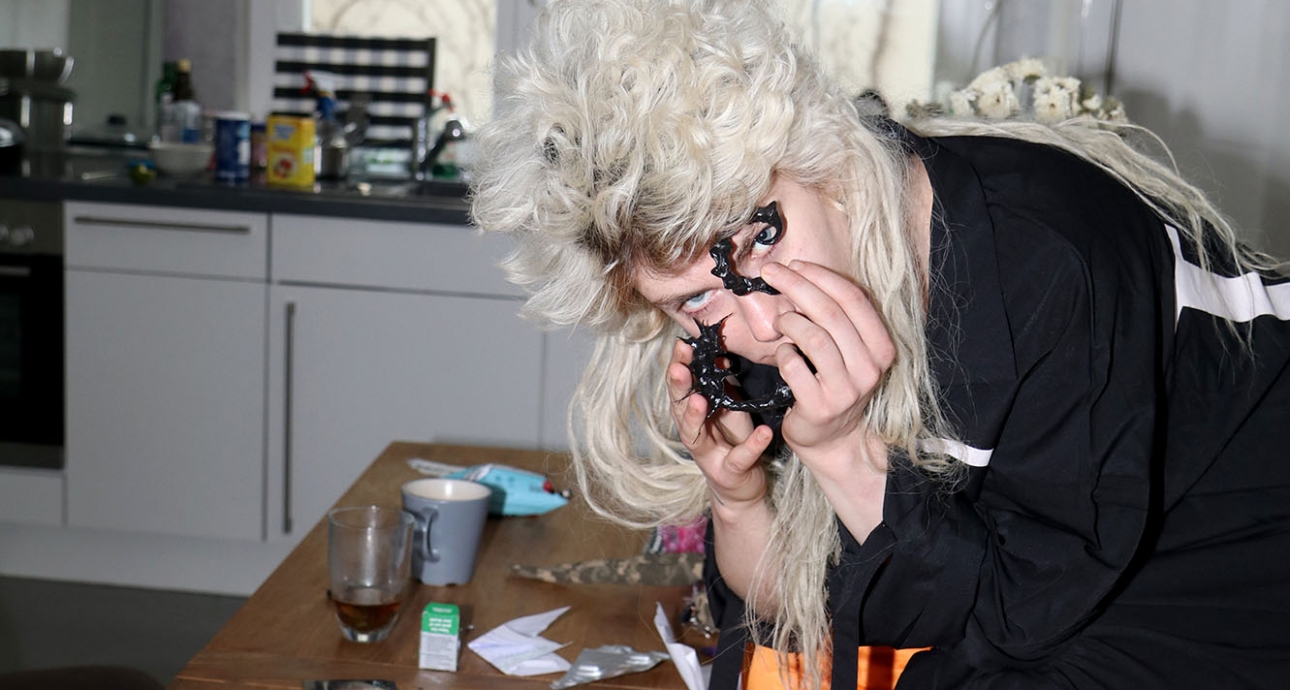
Call Me by My Name: Ukrainian Queers in Anton Shebetko’s Project
In recent years, Anton Shebetko has noticed positive changes in Ukrainian society concerning LGBT+ rights: large-scale equality marches are being initiated, safe spaces have opened throughout the country, and there is hope that laws on hate crimes are going to be adopted. These have been small, but very important steps for the Ukrainian queer community. That’s why Anton decided to go to Ukraine to take portraits of openly queer people there and talk to them.
A full-scale invasion shifted these plans: we had to meet the subjects outside of Ukraine, where they found refuge from the war.
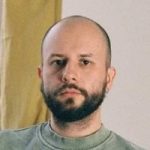
Ukrainian artist and photographer from Kyiv. He now lives in Amsterdam; works within the topics of LGBTQ+, memory, loss of identity, explores the queer history of Ukraine. His works were exhibited in Ukraine, the Netherlands, Germany, Canada, etc.
— The To Know Us Better project consists of two parts: portraits and text interviews, which are exhibited separately. I have been living in the Netherlands for five years, but I planned to shoot the project in Ukraine. However, the war affected several things. First, the geography – these portraits were taken in the Netherlands, Germany, Poland, Spain and Great Britain. Secondly, it affected the interview. Naturally, we also talked a lot about the war, and in some conversations it was the war, not the queer identity, that became the main topic.
Positive changes within the LGBTQ+ rights in Ukraine were named by almost everyone I spoke with. On the other hand, not everyone deemed them sufficient. Some of the project characters planned to move to Europe by February 24, and after the start of the full-scale invasion, they decided they did not want to live anywhere but Ukraine. Others did quite the opposite. Anyway, I communicated with people who took a conscious step towards the openness. If I carried on with my work on invisibility and privacy of the community as I did before, I would probably have received completely different answers. However, there are no countries where homophobia is completely absent. It’s just that in some places it takes other forms, there are laws that strictly punish hate-based violence, which enables to curb homophobia and transphobia.
Some of the project characters planned to move to Europe by February 24, but after the invasion, decided they did not want to live anywhere but Ukraine.
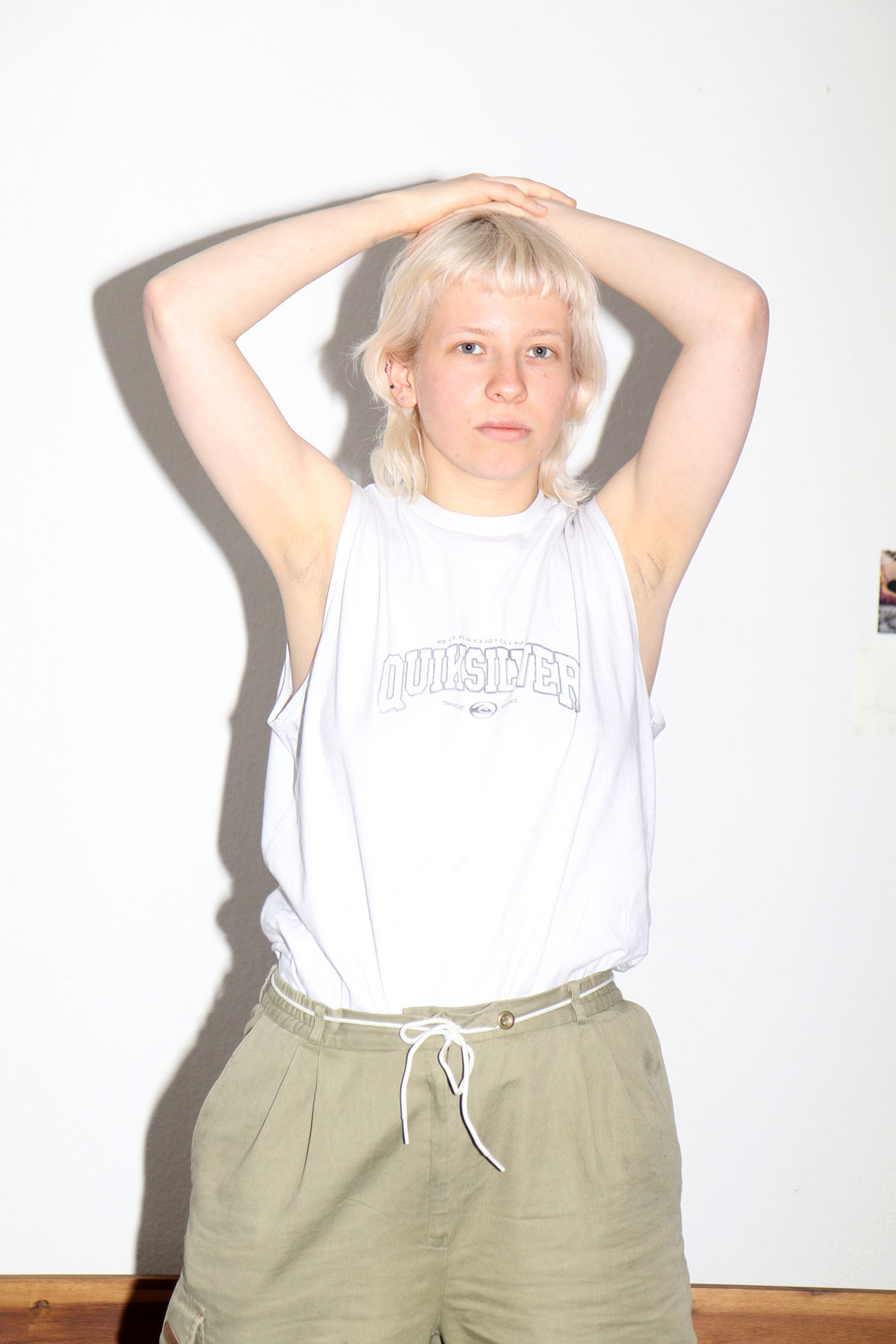
Tasia
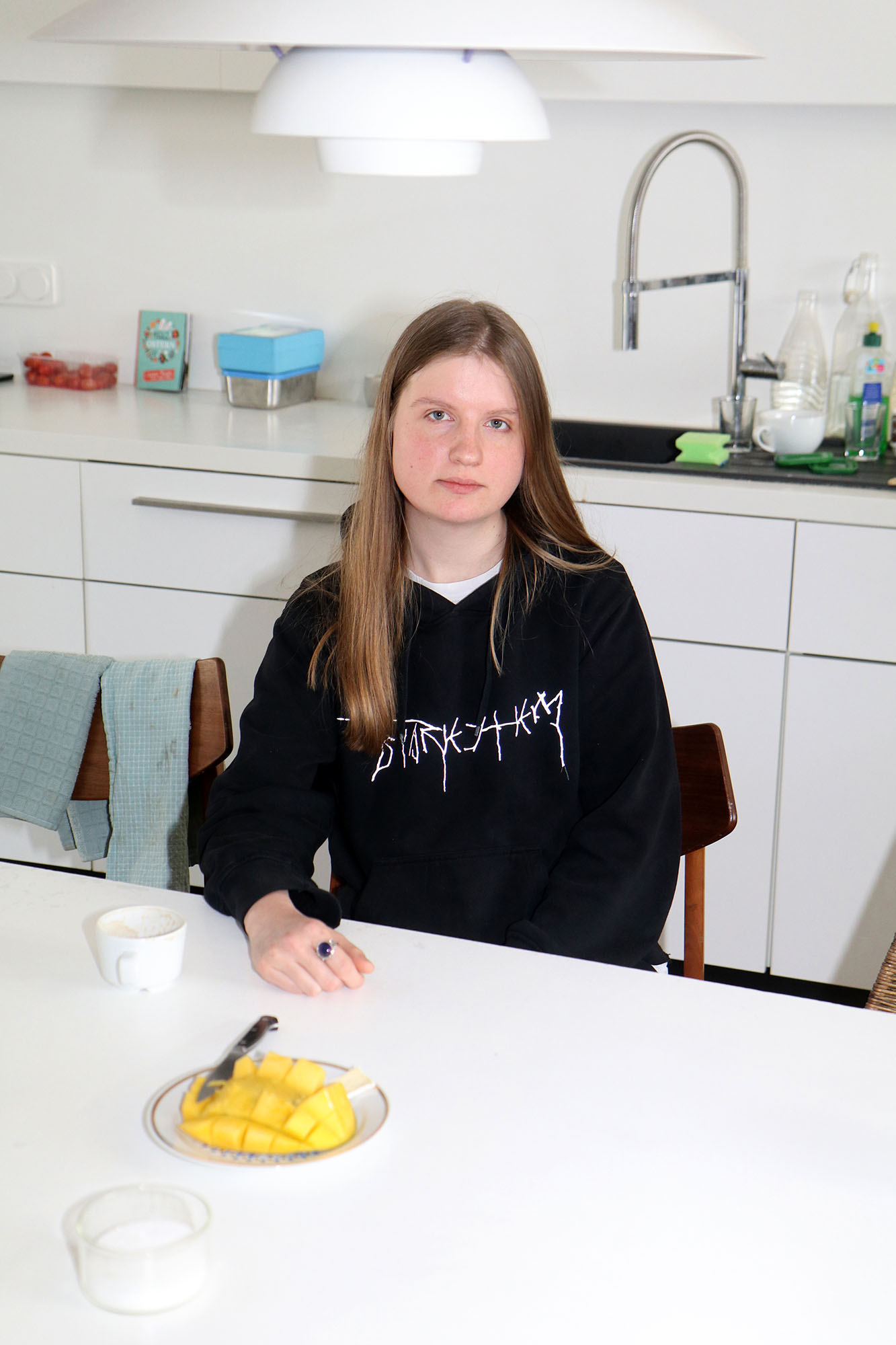
Valeria
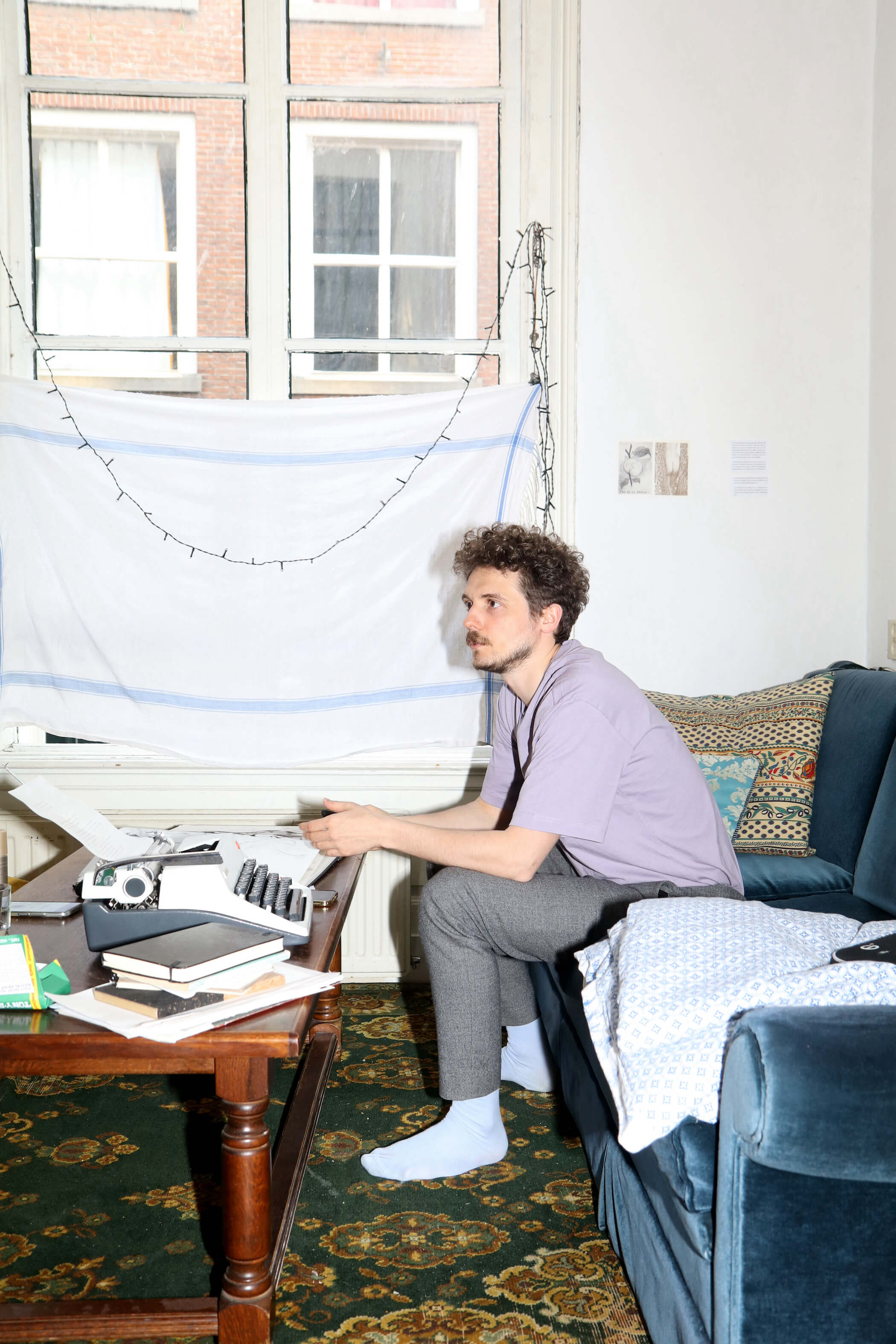
Taras
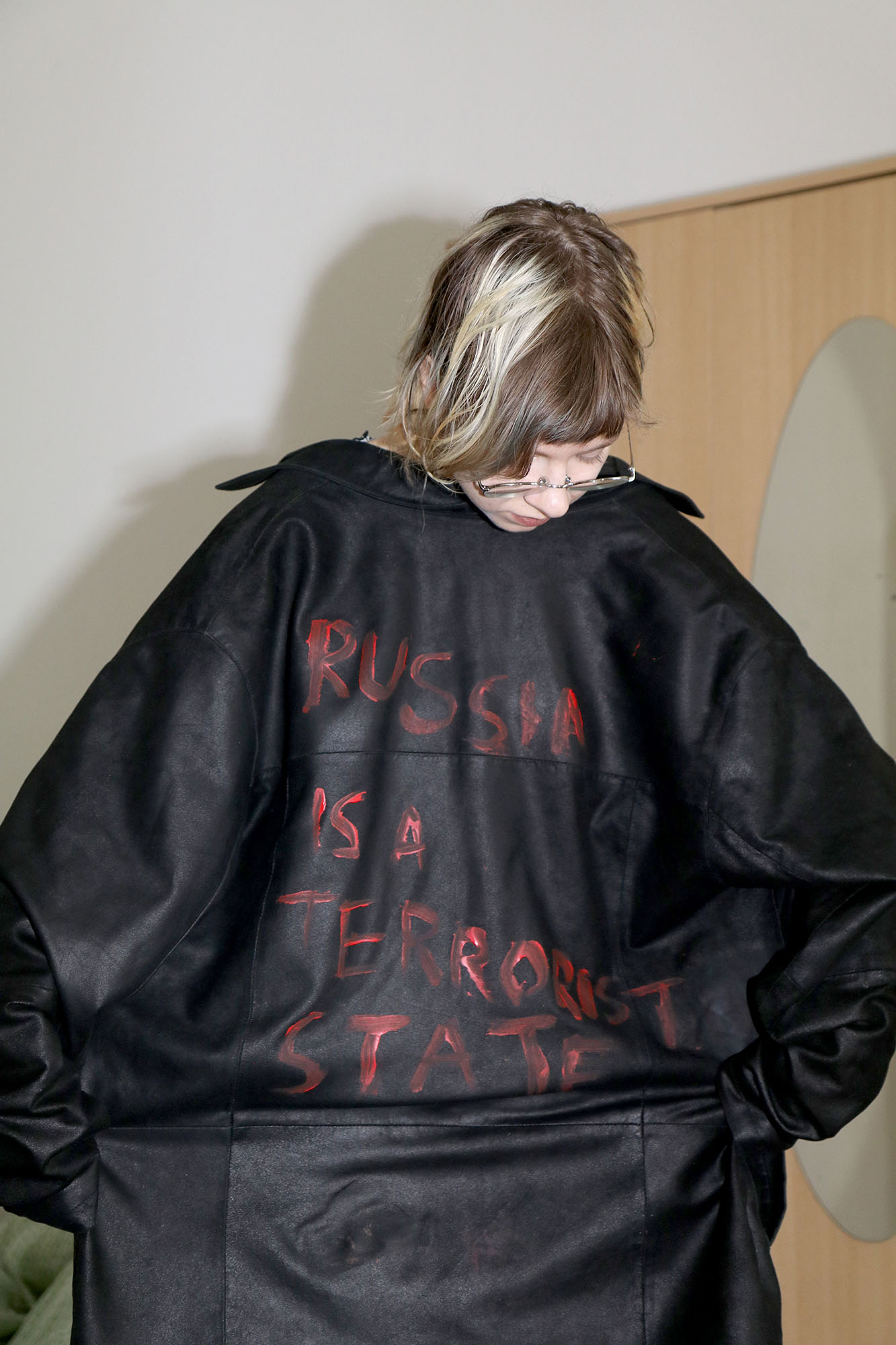
Zhenia
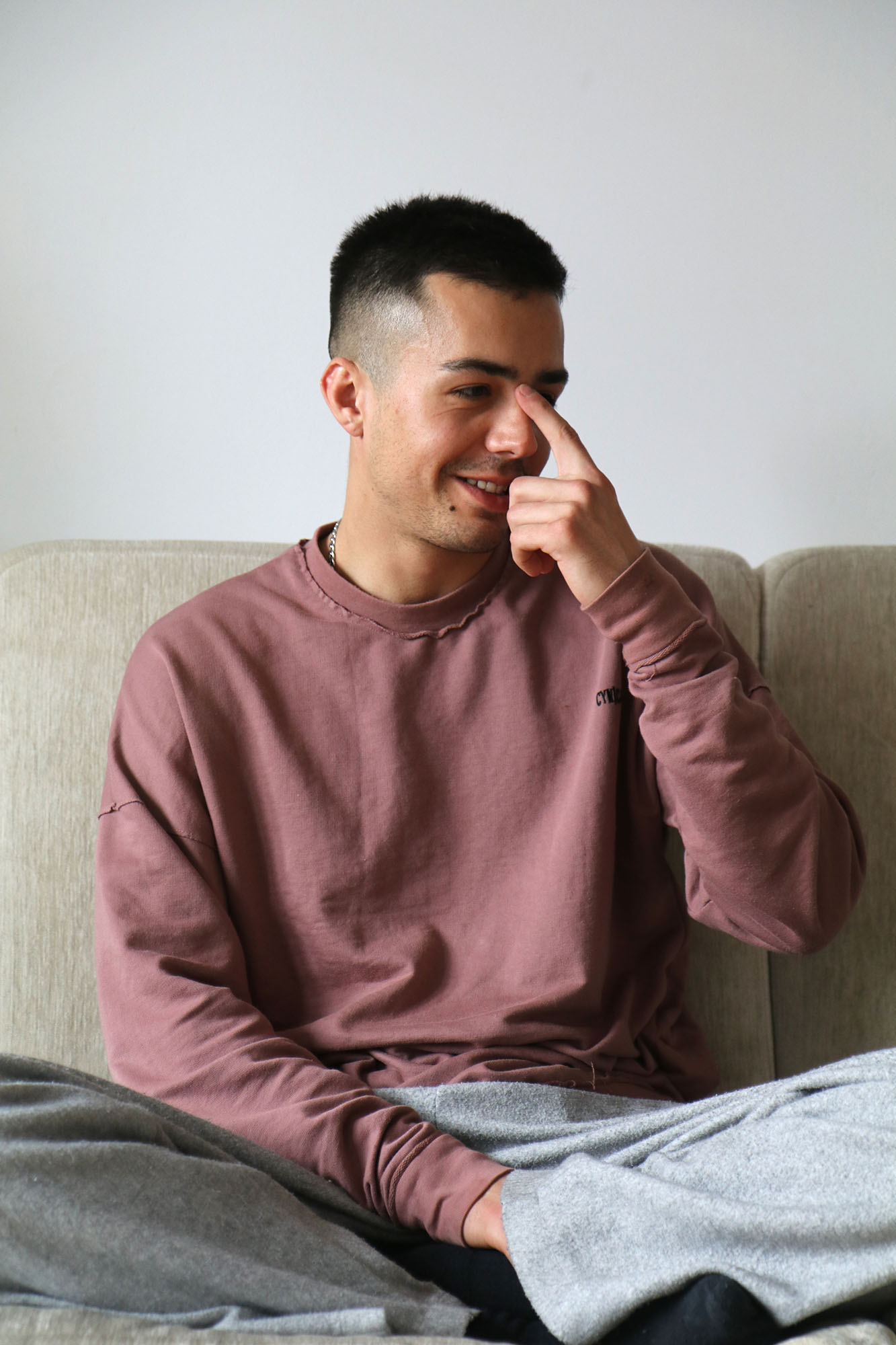
Maksym
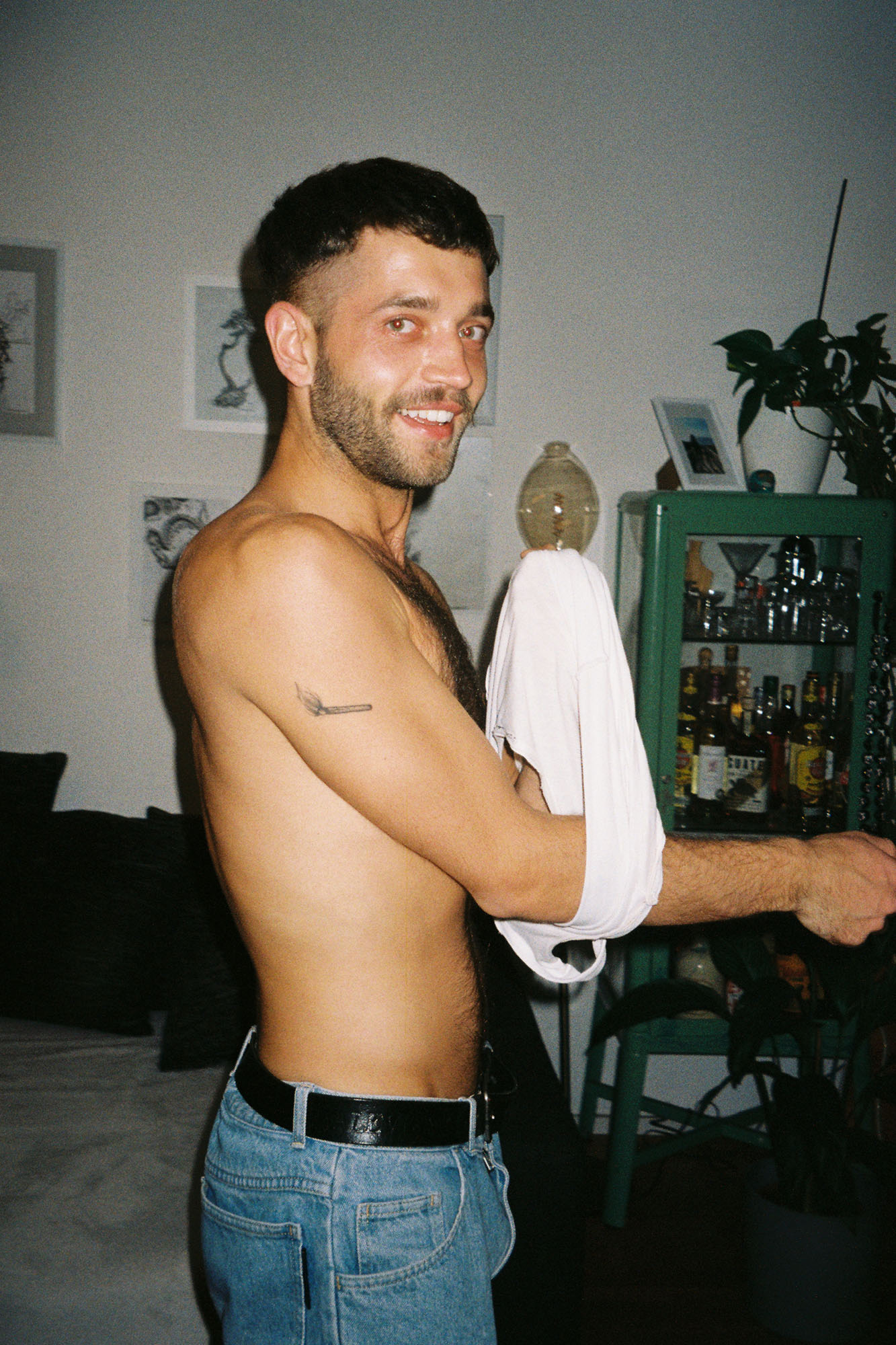
Laslo
Some random acquaintances helped me find subjects, which in turn led to new acquaintances. Usually everything happens this way: we just meet, talk, and I take a series of pictures. After that, I send a sample of photos and text. The characters have the opportunity to choose images that I could include in the project, and I choose the final one from among those. The same goes with the text – all characters have the right to edit it. It seems to me very important, but not very common for both photography and journalism. However, I believe that in a situation where representation matters, it is the heroes of the project who should decide what they will look like.
I didn’t directly ask anyone why they agreed to participate in To Know Us Better. But I hope everyone understands the importance of representation and openness in Ukrainian society. This can be the driver of changes for the better, and in fact it is. Everyone knew that the project would be shown in European countries. I think we need to fight off the Kremlin’s narratives about homophobic Ukrainian savages – such messages are quite powerful in Europe – and the European imperial narratives themselves, in which the human rights situation in Ukraine is shown as equal to Russia’s. At the same time, the interviews turned out to be quite frank: no one said that homophobia does not exist in Ukraine. But it is important to analyze where it came from and also notice positive changes.
We need to fight off the Kremlin’s narratives about homophobic Ukrainian savages.
I don’t think this project is anything unusual from a visual point of view. However, it is certainly reaching its goal of getting to know the Ukrainian queer community. It tells about the quite so different experiences and views of queers within the mostly conservative Ukraine.
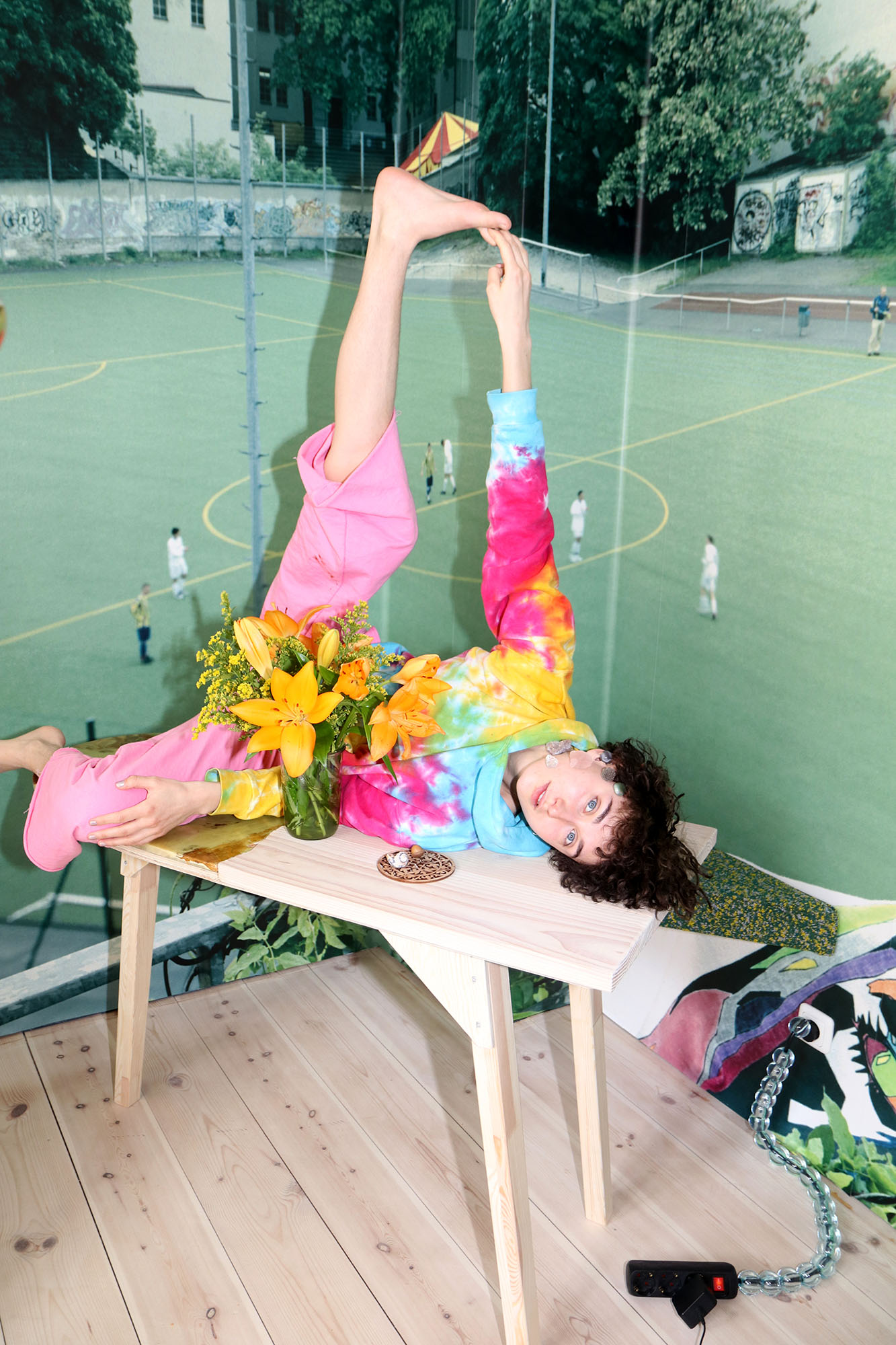
Kinder Limo
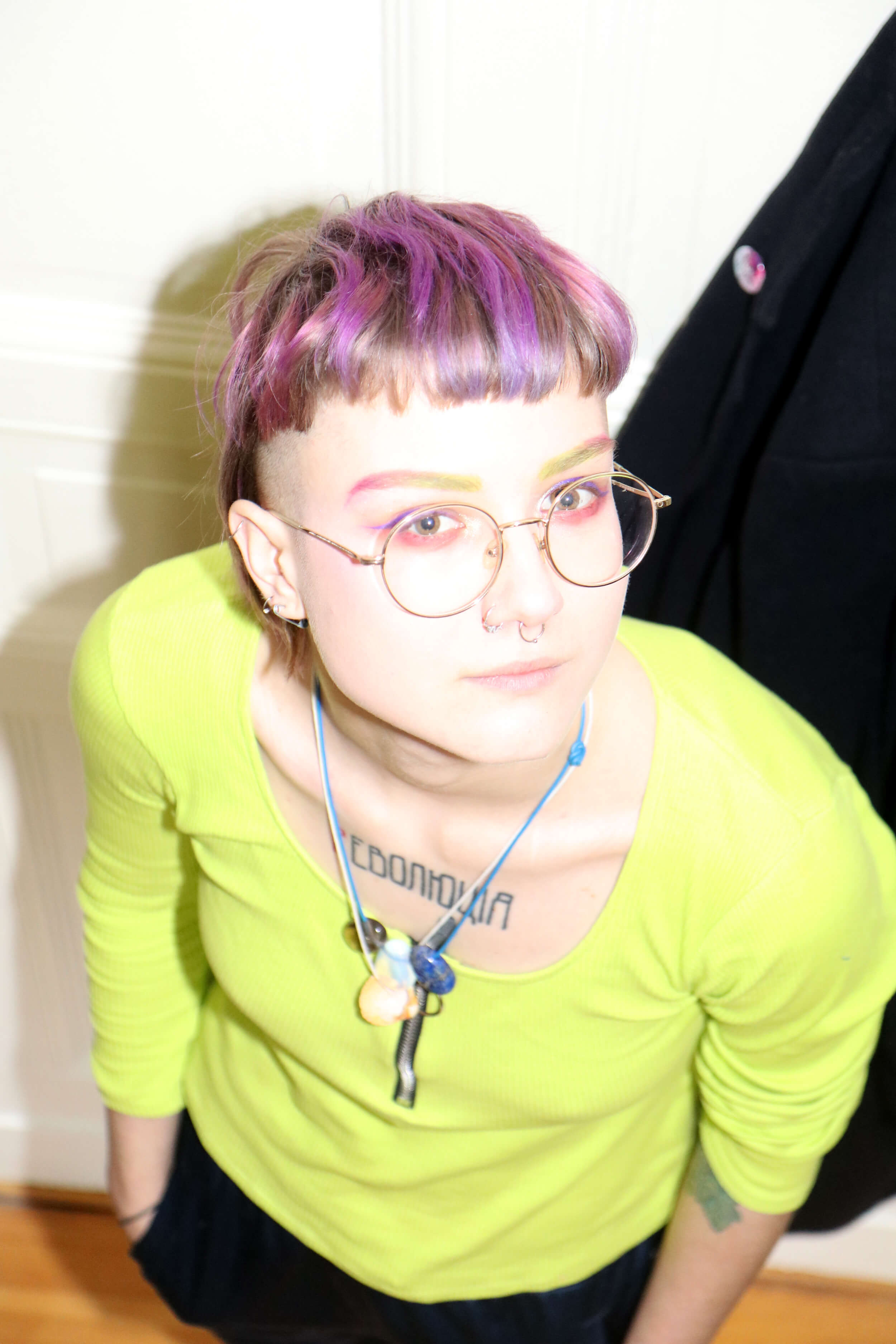
Klem
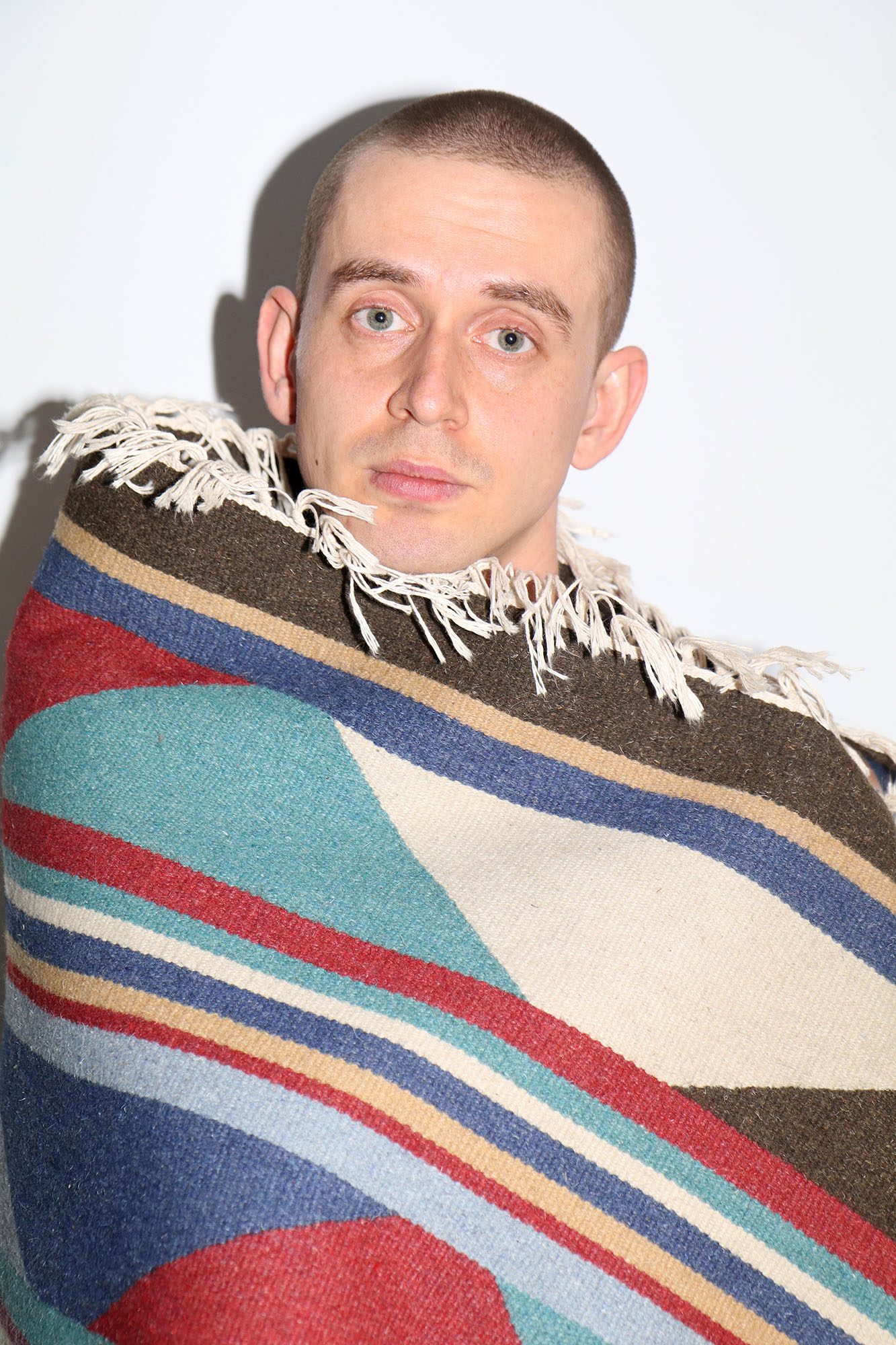
Illia
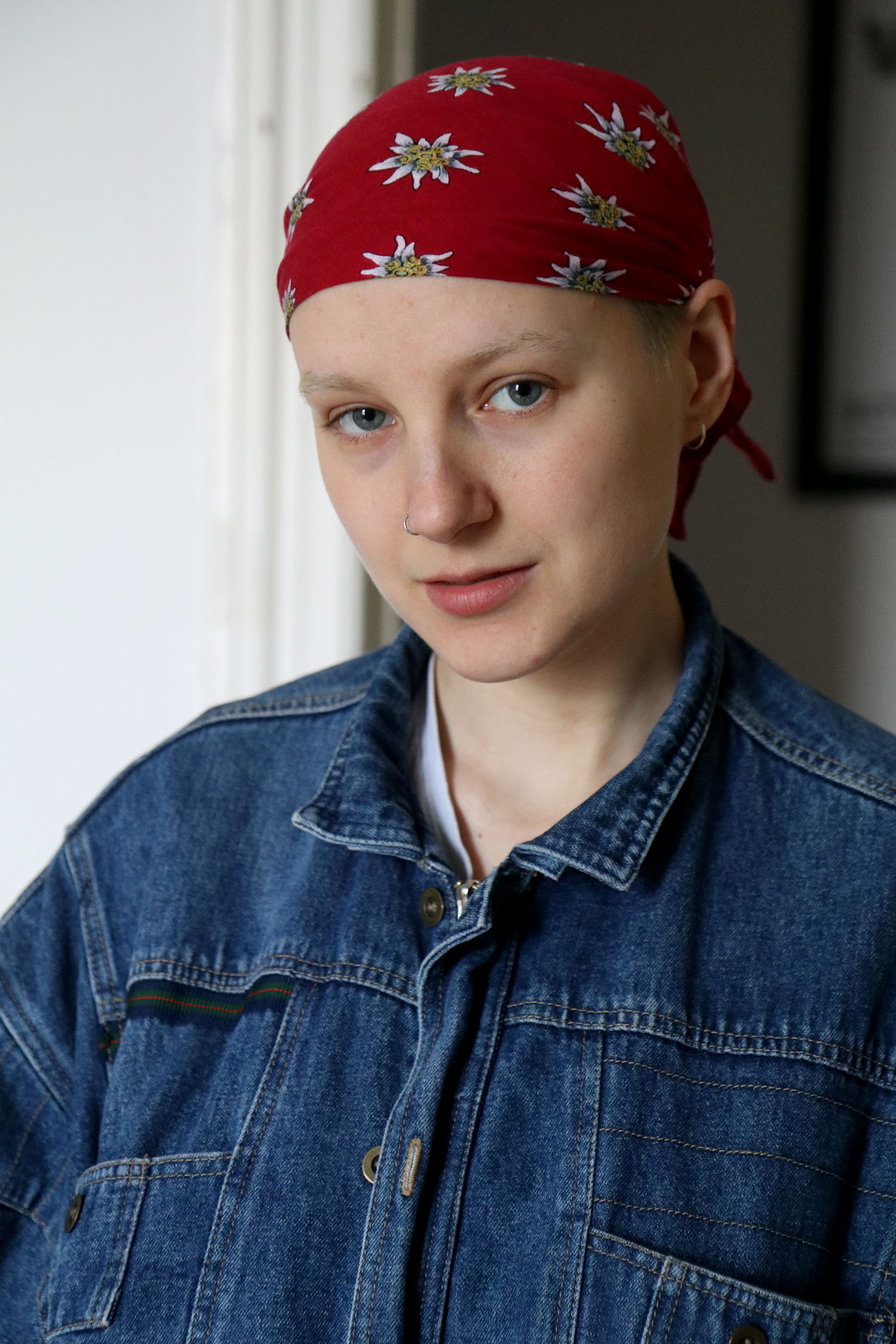
Angelika
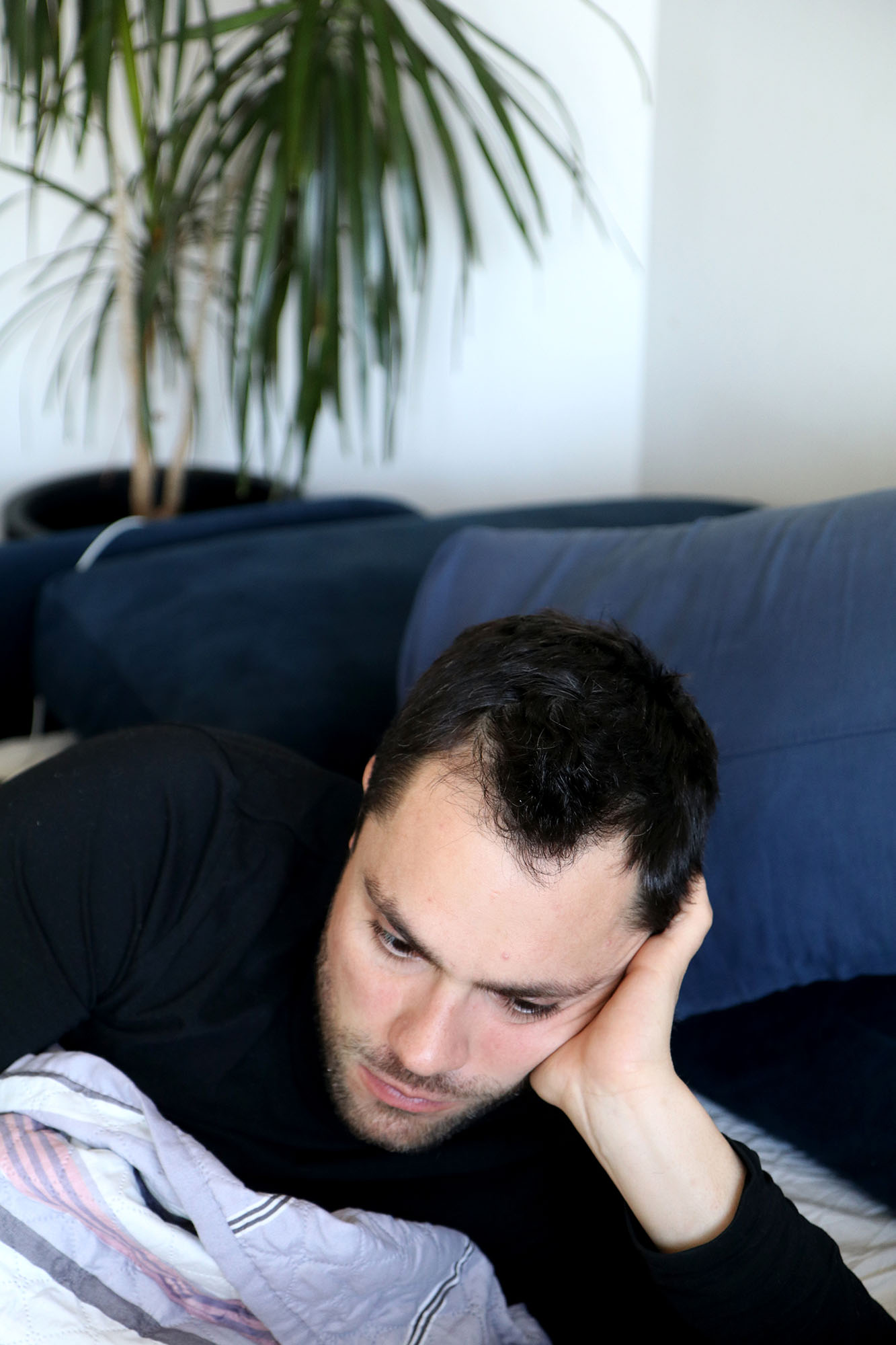
Vitold
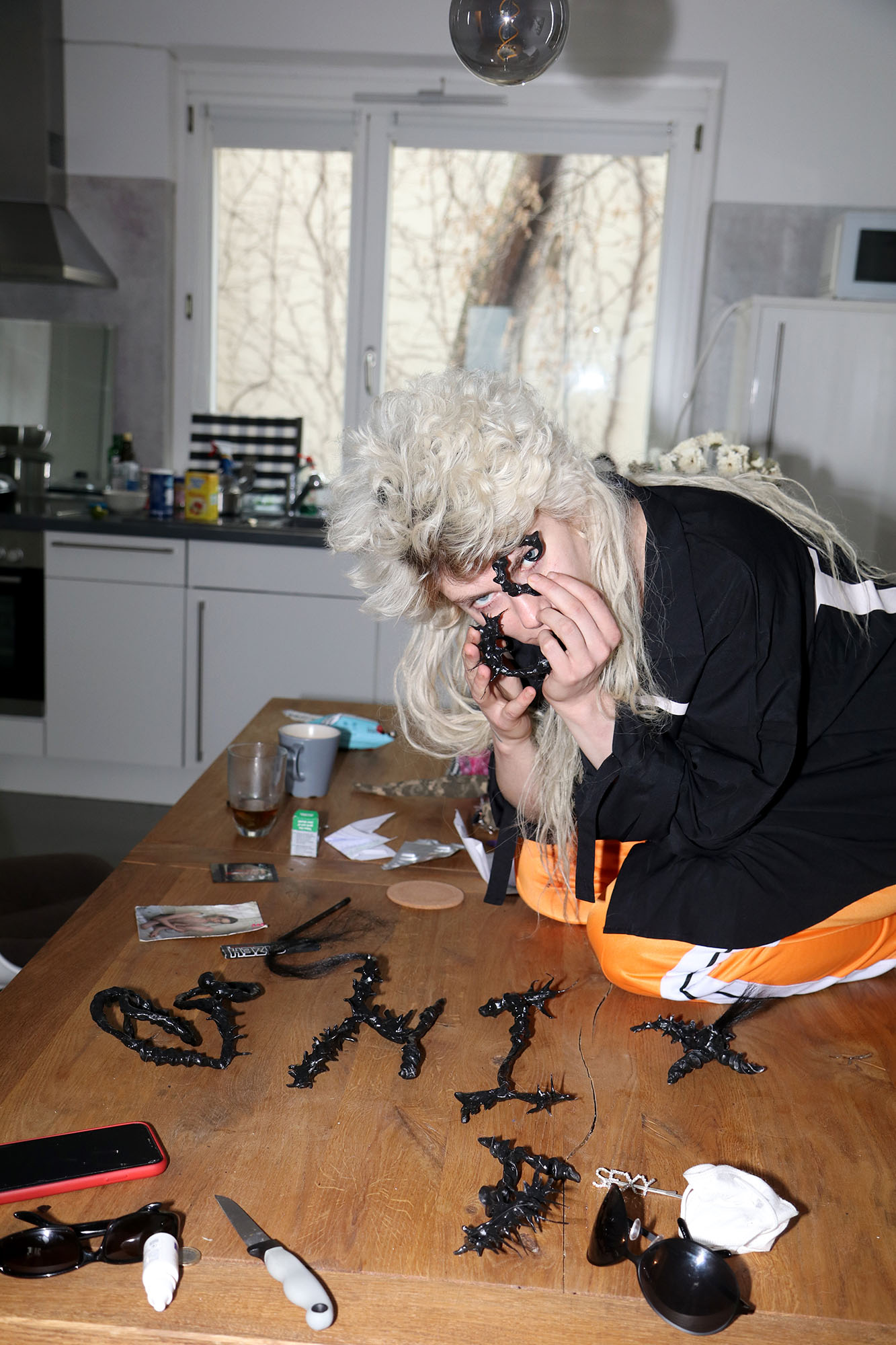
Alina
I don’t think To Know Us Better will have any finalization. The fact is that I have been working with this format — interview combined with portrait — for quite some time. You can say that I am collecting a kind of archive of Ukrainian queer history and transforming it into various visual narratives. Perhaps after our victory, the topics of the interviews will change, but I do not plan to finish the project in the near future.
I am collecting a kind of archive of Ukrainian queer history.
I hope that after the end of the war, we will not just keep everything we have gained, but also foster our progress. And it seems to me that the activity and visibility of the Ukrainian queer military will have a great part to play in it.
New and best
